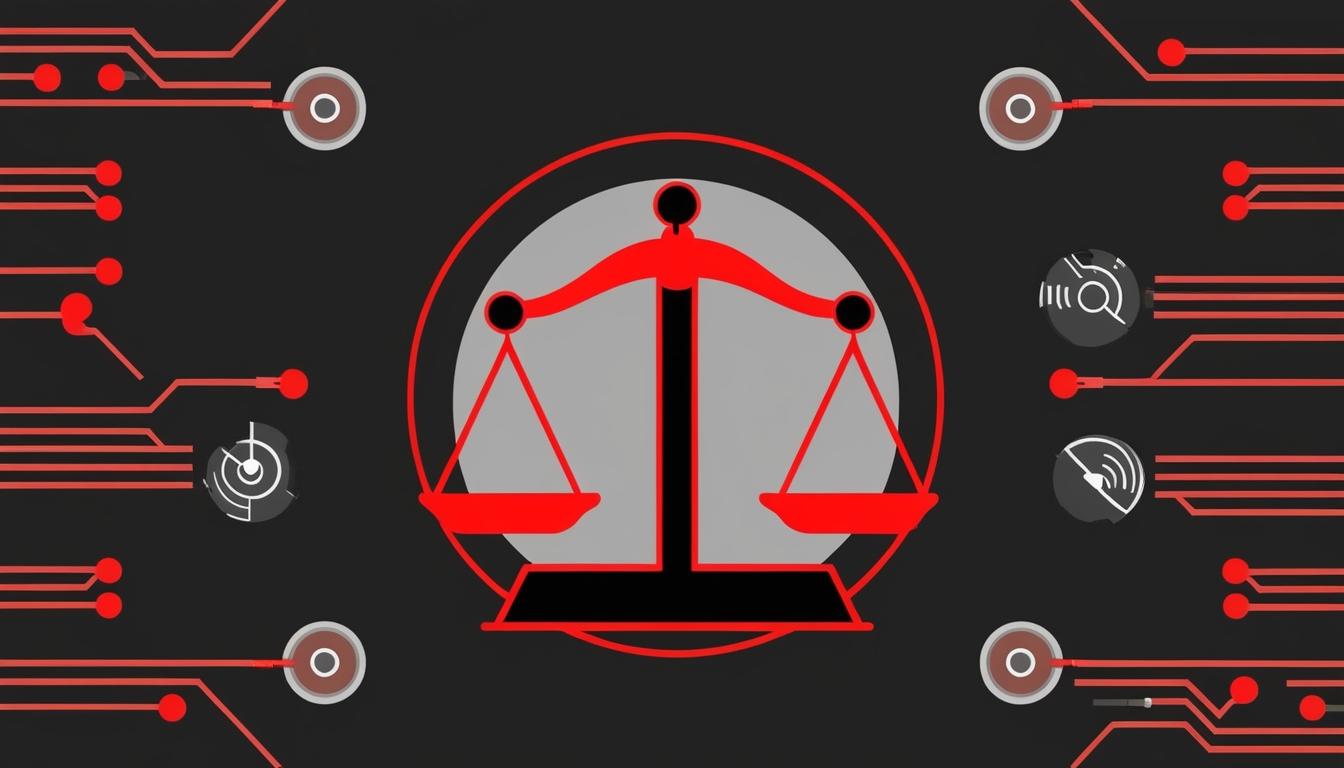Recent discussions have highlighted the significance of fair decision-making across various sectors, including business, governance, and personal affairs. As traditional decision-making methods face scrutiny, innovative approaches are increasingly being adopted to enhance objectivity, reduce biases, and foster transparency. Notably, technological advancements, including artificial intelligence and blockchain, have introduced new tools that promise to improve the decision-making process.
The impact of technology on decision-making has been profound. Algorithms, capable of analysing extensive datasets, offer insights that may elude human assessors. These advancements aim to diminish human biases and errors, thereby leading to more equitable outcomes. Automated decision-making systems have emerged as a viable solution, as they can evaluate options based on predefined criteria, minimising subjective influences. However, concerns remain regarding the algorithms' design and their potential to unintentionally reinforce existing inequalities.
In group contexts, decision-making often becomes susceptible to dominant voices or the phenomenon known as groupthink. To combat this, various techniques have been developed to ensure that all participants contribute equally. Structured voting systems, such as ranked-choice voting or anonymous voting, allow for a nuanced expression of preferences without the pressure to conform. Furthermore, concepts like randomization, where decisions can be made through chance methods such as online dice rollers, aim to promote impartiality—especially when the options are equally viable.
The idea of randomization, while seemingly simplistic, has gained traction as a valid method for fair decision-making. Its capacity to eliminate biases and ensure equal opportunity among choices is particularly advantageous in low-stake situations needing expedited resolution. For instance, in assigning tasks where multiple candidates are equally qualified, random selection can ensure an objective outcome.
Ethical considerations underpin the discourse surrounding fair decision-making practices. It is paramount that any advanced system is designed to avoid the perpetuation of existing biases or discrimination. Technologies employing predictive analytics and machine learning must be scrupulously developed to prevent reinforcing stereotypes or unequal treatment. Moreover, ethical decision-making necessitates a comprehensive understanding of the implications of choices on all stakeholders involved.
Incorporating diverse perspectives is vital for equitable decision-making. A homogeneous group may overlook crucial viewpoints, rendering decisions less representative. Encouraging diversity of thought, experiences, and backgrounds enhances the inclusiveness and fairness of the process. This can be facilitated by balanced representation within decision-making bodies and the involvement of individuals from varying expertise and cultural backgrounds, ensuring that decisions align with the interests of all stakeholders.
To illustrate the practical application of fair decision-making, real-world examples demonstrate its benefits. Businesses that prioritise fairness in their decision-making often note improved employee morale and productivity. Transparent promotion systems and merit-based performance evaluations enable organisations to retain top talent and cultivate a positive working environment. In the political arena, nations employing proportional representation or ranked-choice voting systems typically experience more equitable outcomes, as these mechanisms amplify diverse voices and foster policies that better reflect the populace's needs.
Looking to the future, the trajectory of fair decision-making is expected to be influenced by ongoing technological advancements and changing social norms. With a growing awareness of biases, the demand for impartiality and transparency in decision-making tools will likely increase. However, as technology infiltrates these processes, it is crucial to remain vigilant about ethical implications to ensure that such tools do not exacerbate existing disparities.
As various methodologies for achieving fair decision-making continue to evolve, it is essential to focus on the processes themselves, not merely the outcomes. Fairness encapsulates a commitment to transparency, inclusivity, and ethical integrity, forming the bedrock of a just society. By judiciously merging technology, randomization techniques, and ethical principles, it is possible to forge decision-making systems that embody the ideals of fairness and effectiveness.
Source: Noah Wire Services
